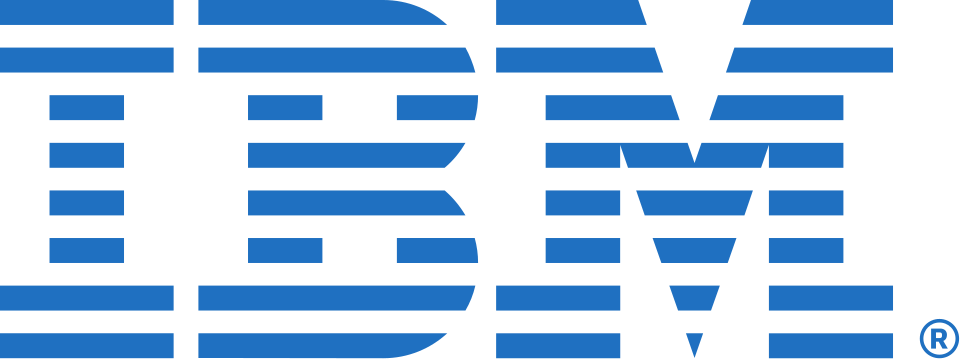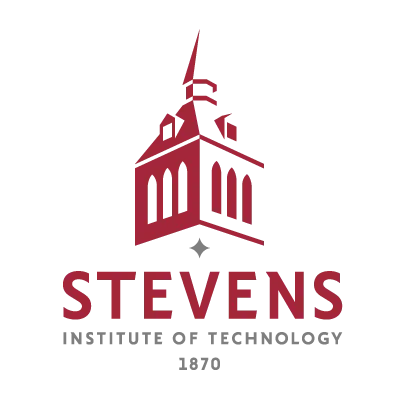Program Overview
The Stevens Institute of Technology Master of Science in Computer Science (MSCS) offers a career-aligned curriculum designed for real-world impact. Through industry-relevant coursework and focus areas tailored to your goals, we help you build the skills needed to excel in today’s tech workforce.
With our Accelerated Application, you can fast-track your application—no recommendation letters required. Upload unofficial transcripts and your résumé or LinkedIn profile to get started.
Key Skills Developed:
Concentration Options:
- AI and Machine Learning
- Business Intelligence and Analytics
- Software Development
Term Start Date
Summer 2026: May 19, 2026
Overview
- 30 Credit Hours
- 10 Courses
- 100% Online
- 2 Years or Less Completion Time*
- Accelerated Application available
*Total time to complete the program may vary based on the number of credits taken each semester.
99%
Employment
No CS
Background Req.
Pivot
Your Career
In-Demand
Focus Areas
By the Numbers
99%
Employment
99% of MSCS graduates in the Class of 2023 accepted job offers within three months of graduating.
#1
In N.J.
U.S. News & World Report, Best Online Master’s in Computer Information Technology Programs (2024).
7x
Winner
U.S. Distance Learning Association’s 21st Century Award for Best Practices in Distance Learning.
#13
In The Nation
The Princeton Review, Top 20 U.S. Private Schools for Best Career Placement (2022).
#15
For Best Value
Payscale (2024)
Career Outlook
An MSCS qualifies students for advanced, well-compensated positions as computer science managers and individual contributors specializing in areas like software engineering, machine learning and database management. The U.S. Bureau of Labor Statistics (BLS) forecasts much faster than average growth for such computer science roles as:
- Software developers (17% growth in employment by 2033)
- Computer research scientists (26% growth in employment by 2033)¹
The exceptional skill set MSCS graduates possess helps them secure premier tech jobs as computer scientists at companies such as Google and Meta, which can pay around $300,000.²
Many remote work opportunities are available in computer science, but emerging tech hubs and traditional business hubs are also significant employers in the field. For instance, more than 119,000 software developers are employed in the New York City metropolitan area, where Stevens is located. Top tech hubs like San Francisco, San Jose and Seattle are home to leading employers - and offer average developer salaries as high as $211,450.³
Our diverse curriculum and specialized offerings equip students with the sought-after skills needed to thrive in their chosen fields. This degree prepares graduates with skills in computer science, Python, Amazon Web Services, automation and software engineering and opens doors to other organizations outside of tech, such as Bank of America and JPMorgan Chase, both of which have employed Stevens MSCS alumni.
Helping You Master Cutting-Edge Skills
Enterprise software design and engineering
You'll learn to:
- Design and implement backend services for cloud-based, distributed systems
- Analyze and work with operating systems, memory management and I/O systems
- Apply database design principles using relational models, SQL and normalization techniques
Mobile application development and cloud computing
You'll learn to:
- Build mobile applications using platforms such as Android and iOS while exploring location-aware and privacy-conscious design
- Implement cloud-based services and architectures using REST, WebSockets and NoSQL databases like Cassandra
- Explore the implications of distributed systems through technologies like blockchain and the CAP Theorem
Agile development methods
You'll learn to:
- Apply agile frameworks like Scrum, XP and Lean to real-world software development projects
- Manage the full development lifecycle, from initial concept to deployment, using iterative and test-driven approaches
- Evaluate and compare agile and traditional methodologies to choose the most effective approach for a given project
Algorithm design and testing
You'll learn to:
- Design and analyze advanced algorithms, including graph traversal, hashing and complex sorting
- Implement and test data structures like balanced search trees and understand asymptotic complexity
- Translate high-level design into low-level, performance-aware code using systems programming techniques
Machine learning in support of providing software development leadership
You'll learn to:
- Understand and implement foundational ML techniques like decision trees, neural networks and reinforcement learning
- Apply ensemble learning methods and simulation techniques to build effective predictive models
- Translate ML theory into practical solutions through hands-on coding and real-world datasets
Prospective Occupations for Online MSCS Graduates
Earning an online MSCS prepares you for career paths in management-level roles across industries. Explore top MSCS jobs for recent graduates.
Prospective Occupations for Online MSCS Graduates
| Job Title | Median or Average Annual Earnings |
|---|---|
Computer and Information Systems Manager | $171,200 |
Computer and Information Research Scientist | $140,910 |
Database Architect | $135,980 |
Software Developer | $131,450 |
Information Security Analyst | $124,910 |
Computer Systems Analyst | $103,800 |
Source: ¹ U.S. Bureau of Labor Statistics, 2025. ² Glassdoor, April 2024. ³ U.S. Bureau of Labor Statistics, 2025.
Stevens Alumni Drive Innovation at Top Companies
Our graduates join leading organizations across technology, finance, healthcare, and consulting
.svg.png)





Why Choose an Online MSCS from Stevens?
At Stevens, you'll receive an unparalleled computer science education, learning to innovate in a rapidly evolving tech landscape. Our cutting-edge curriculum is continuously updated, blending rigor, depth and real-world relevance to prepare you for what's new and next in the field.
With renowned faculty and industry-aligned coursework, you'll develop the theoretical foundation and practical experience needed to excel. Our Accelerated Application streamlines the process so you can apply in minutes with simplified requirements—no recommendation letters, just transcripts and your professional background.
Online MSCS Program Course Structure
The MSCS program consists of 30 credit hours, with 10 courses, and is 100% online. The curriculum offers traditional and advanced tracks, with the first four courses in the Traditional track and the first two in the Advanced track delivered asynchronously. Students engage with current and emerging topics to develop skills as innovative software development leaders and proficient, high-quality coders. Additionally, students can specialize in high-demand areas through coursework in AI and machine learning, business intelligence and analytics, and software development.
Term 1
Term 2
Term 3
Term 4
Term 5
Student Testimonial Spotlight
"It’s a highly ranked school for a master’s in computer science, and that prestige has landed me my current job, before I finished my degree."- Jaeson Valles ’22
Meet the Faculty
Our faculty includes National Science Foundation (NSF) CAREER winners as well as researchers who consult for companies such as Microsoft, IBM, Google, Bell Labs and other top industry firms.
Application Option
Fast-track your application with our new Accelerated Application designed for busy professionals. The Accelerated Application gets you started immediately:
- Recommendation Letters: Not Required
- Proof of Bachelor's Degree: Upload copy of transcripts
- Professional Background: Upload your résumé or link your LinkedIn profile
Official transcripts will be due within 2 months of enrollment. Stevens may request additional documentation if needed.
Key Dates & Deadlines
Plan your application for the upcoming Spring 2026 term.
| Term | Early Submit | Priority Submit | Final Submit | Start of Classes |
|---|---|---|---|---|
| Summer 2026 | April 3, 2026 Deposit Waiver* and Application Fee Waiver Available. | May 1, 2026 Application Fee Waiver Available and Early Application Review. | May 8, 2026 | May 19, 2026 |
*Applicants who apply by the early submit deadline and are admitted may be eligible for a $250 deposit waiver. Other conditions may apply.
Tuition & Financial Aid
Per Credit (Standard)
Per Credit (Async)*
Application Fee
Enrollment Deposit
New for Spring & Summer 2026: Up to $13,120 off Tuition Through Grants and Scholarships
At Stevens, we’re committed to reducing the financial barriers to graduate education. That’s why we offer grant and scholarship programs designed to help you achieve your goals.
*The $875/credit rate applies to the first two asynchronous courses in the program.
Grants & Scholarships
$3,120 in tuition support for the first two asynchronous courses.
Eligible students may qualify for scholarship support based on academic merit. Contact your enrollment advisor to learn more.
On-Demand Content
At Stevens, we host a variety of events for prospective and current students covering topics such as application strategy, program information, the student experience and our online platform. Our on-demand content is instantly available, so you can watch at your convenience.



